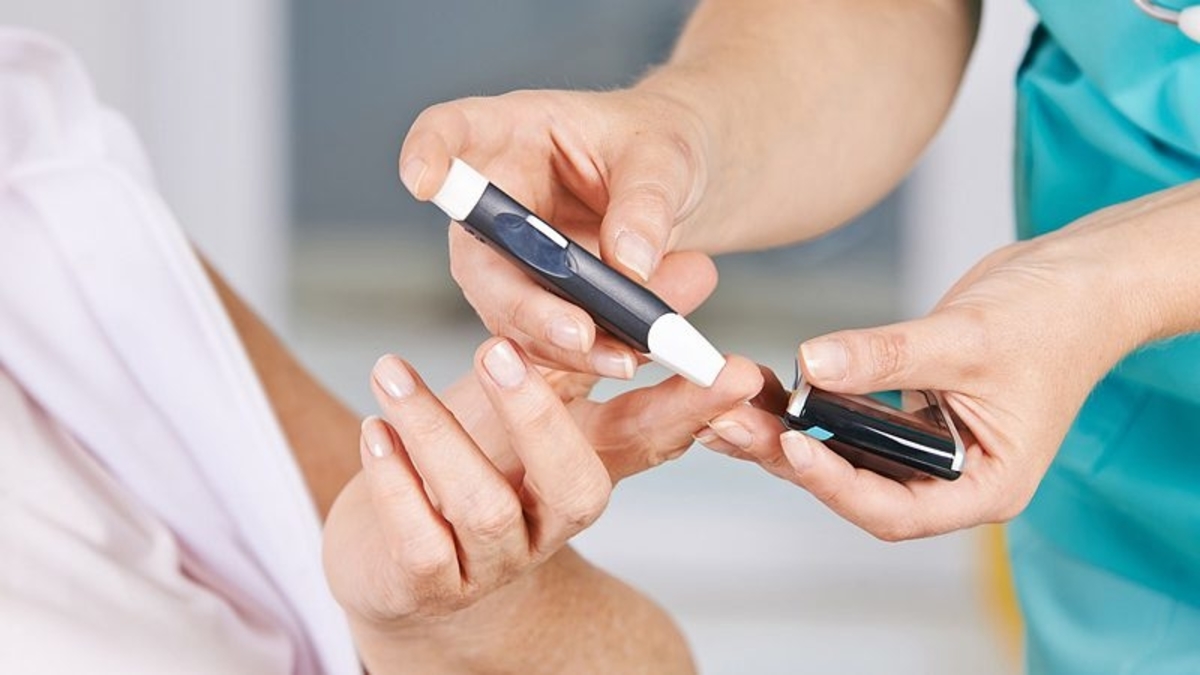KELOWNA
During a recent study, a research team found that people with Type 2 diabetes can effectively control it through diet and pharmacists are well-positioned to supervise the transition.
The research from the University of British Columbia and England’s Teesside University, published in Nature Communications, was part of a 12-week study involving a specialised diet that was managed by local pharmacists. Study participants, all living with Type 2 diabetes, were given a meal plan of low calorie, low carbohydrate, higher protein foods and they checked in regularly with their pharmacist who could monitor their medications.
“Type 2 diabetes can be treated, and sometimes reversed, with dietary interventions,” said study co-author Dr Jonathan Little.
“However, we needed a strategy to help people implement these interventions while keeping an eye on their medication changes,” added Dr Jonathan.
Pharmacists are generally more accessible than a family doctor, says Dr Jonathan, noting that people with Type 2 diabetes often make more visits a year to their pharmacist than their doctor. This is especially true in rural areas.
“Community pharmacists have expertise in medication management and can serve an important role in overall diabetes care,” said Dr Jonathan, an associate professor in UBC Okanagan’s School of Health and Exercise Sciences.
“When Type 2 diabetes patients follow a very low-carbohydrate or low-calorie diet, there is a need to reduce or eliminate glucose-lowering medications. Community pharmacists are ideally positioned to safely and effectively deliver interventions targeted at reducing diabetes medications while promoting Type 2 diabetes remission,” added Dr Jonathan.
Half of the participants in the study followed the low-calorie, low-carbohydrate, higher-protein diet, checking regularly with their pharmacist. After 12 weeks, more than one-third of participants with Type 2 diabetes were off all diabetes medications, versus none in the control group. Dr Little also says the first group also noted substantial improvements to their glucose control, average body weight, systolic blood pressure and overall health.
Co-investigator Dr Alan Batterham, professor in the School of Health and Life Sciences at Teesside University, says the key was a targeted nutritional approach, supervised by a community pharmacist who can monitor prescribed medications. “The intervention was effective in reducing the need for glucose-lowering medications for many in our study,” said Dr Batterham.
“This indicates that community pharmacists are a viable and innovative option for implementing short-term nutritional interventions for people with Type 2 diabetes, particularly when medication management is a safety concern,” concluded Dr Batterham.










